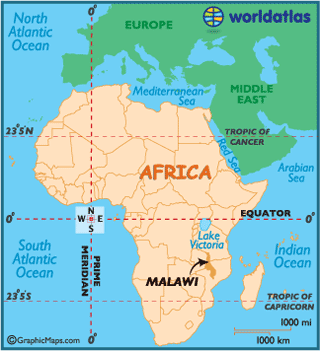Rounding out this week’s theme of Empowered Birth Awareness, I’d like to invite you to look at my most recent Christianity Today blog post.
In part, it is a response to several blog posts by the bloggers collectively known as Femina, who happen to be the wife, daughters, and daughter-in-law of the controversial Moscow, ID pastor Douglas Wilson, who criticized women who used birth as an occasion to become “self-absorbed fusser[s]”–
The Femina bloggers are not the first to claim that women who, like me, advocate for “normal” or “physiologic” childbirth tend toward inordinate self-focus (or even that we are “selfish and reckless,” as one UK writer put it). It’s true that some modern women seem to forget the fact that birth is about more than her own experience of becoming a mother. However, there are reasons for choosing physiological birth that go beyond simple consumer preference.
There is no question that medical advances over the past 100 years have vastly improved maternal health outcomes. There is no question that c-sections save women’s and babies’ lives (5 to 15 percent of women will always need them—and they should have them!). There is no question that North American women have much to be grateful for in this area.
But none of these developments mean that women are best served by sitting back and simply being grateful. Maternal death rates in the United States have nearly doubled in recent decades as rates of c-section and induction continue to climb. The World Health Organization has long held that no developed nation is justified in having a c-section rate above 15 percent; above that point, sections are more likely to be performed unnecessarily, which is not without risk. What if these “advances” have advanced so far as to take a step in the wrong direction?
The post goes on to state what I firmly believe: that safe birth is a human right, and that the state of maternity care in this country may well be infringing upon a woman’s right to informed consent and self-determination. (Check out this book if you doubt the extent of the problem.)
Rachel Jankovic wrote a response suggesting that our real point of disagreement is over the question of gratitude:
“It is important to note that all the commands in Scripture, such as ‘In all things giving thanks’ are not tethered with a contingency plan about whether or not you think unnecessary c-sections are on the rise.”
{a comment from Rachel Jankovic’s post this morning–}

This is a point that warrants further consideration, but for now I will simply say (again) that as important as gratitude is, it is not the key that opens all locks. It is not the only possible posture for a Christian to take toward the happenings of life. Giving thanks in all things doesn’t mean giving thanks for all things, and I think Scripture gives us enough examples of lament–of arguing with God–(see Psalm 89) to show that bemoaning rising maternal death rates is not out of place.
(See my friend Ellen’s post “Do I Hate My Life? No, But I Do Hate My Disability.”)
Jesus was not grateful for the moneychangers, nor even for the fact that he had to go to the cross. He asked for that cup to pass. Job was not grateful for his afflictions. Daniel was not grateful for the exile, nor was Jeremiah, nor the author of Lamentations. St. Paul was not “grateful” for those who were proclaiming a different gospel.
And neither am I prepared to be grateful for what amounts to injustice.
God is good when circumstances are not. I am thankful for each breath of my life, but I will not be thankful for the fact that women all over the world lose theirs needlessly, nor for the fact that my own country, which has the resources to do better, allows profits to come before people.











